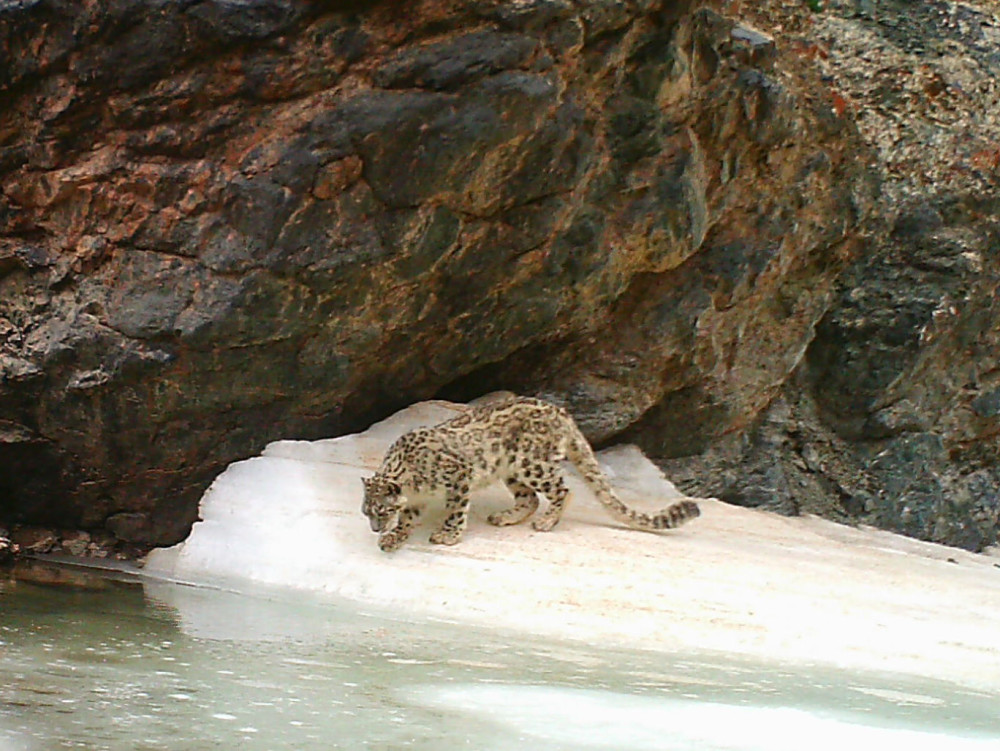Snow leopards in China

Creating snow leopard corridors and stepping-stones in China
Funding for this project has now finished
China is the most important country for snow leopards, with over 60% of the world’s population living within its borders. With little attention previously paid to the species, now is the time to gain greater understanding and promote positive action for the survival of snow leopards.
The problem
60% of the world’s snow leopard population live within China’s borders. Mountain habitats in Central Asia are increasingly fragmented and highly vulnerable to environmental change and human influences. There are serious concerns for the persistence of snow leopard populations with the increasing possibility of genetic isolation. The current global snow leopard population size remains uncertain, but is estimated to be between 4,000 and 7,500 individuals.
The global population may now be disconnected at numerous points where snow leopards have been lost from previously occupied habitat patches.
The solution
By establishing a network of monitoring sites across China’s vast mountain landscape, our team are drawing together for the first time, large scale survey information on snow leopard. Population connectivity is maintained by animals moving along habitat corridors and across stepping stones of good habitat within large valleys, forests, and extensive open areas, including much of the Qinghai-Tibetan Plateau (QTP) and nearby deserts. An important part of our work in China is to monitor snow leopard use of these areas and provide far reaching policy advice to improve and maintain connectivity.
Thank you to all our donors who helped us fund this work. You can help us support more projects like this with a donation today:
